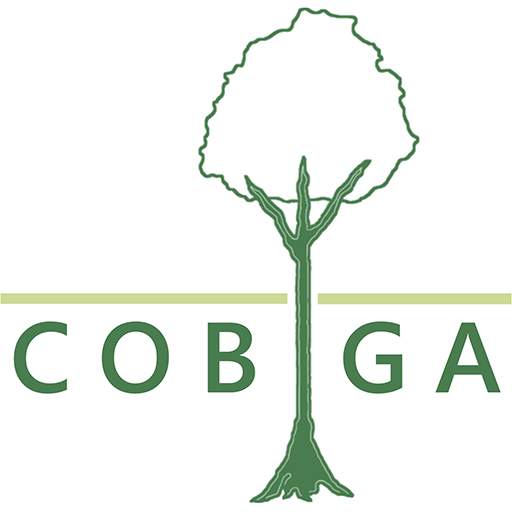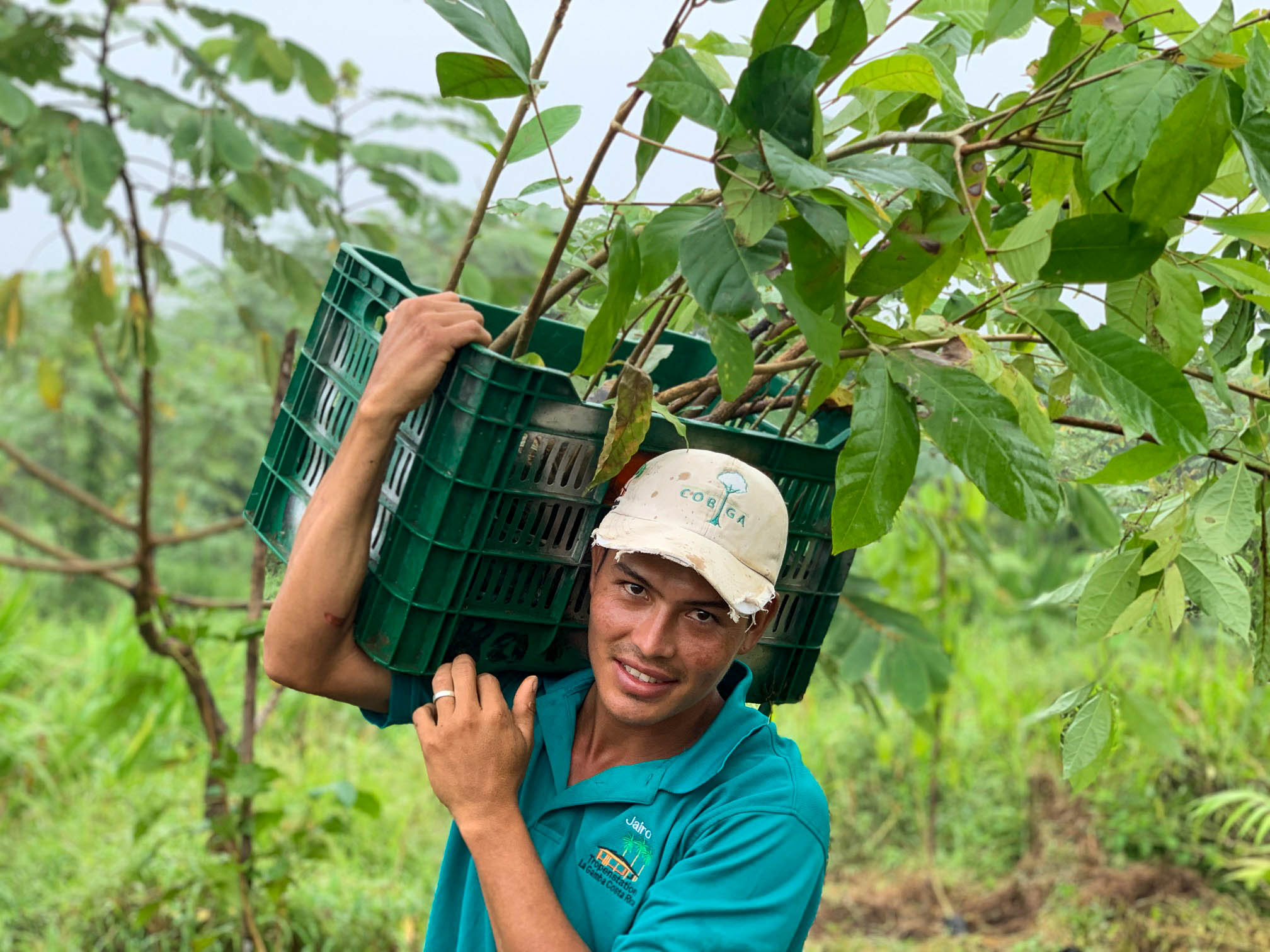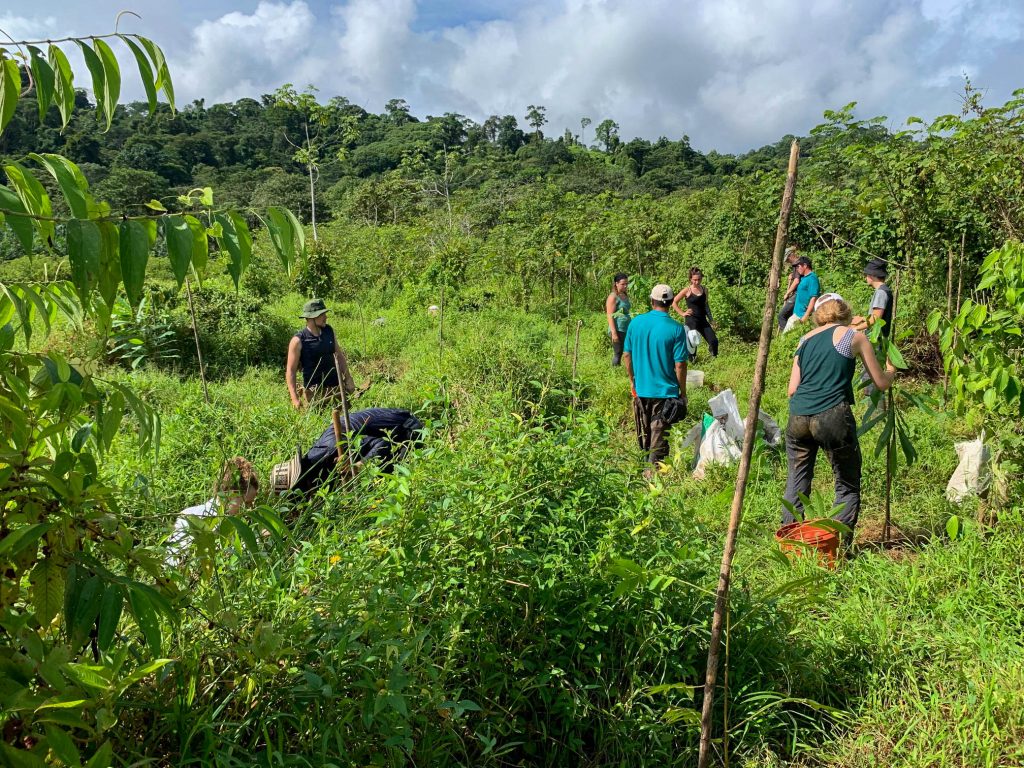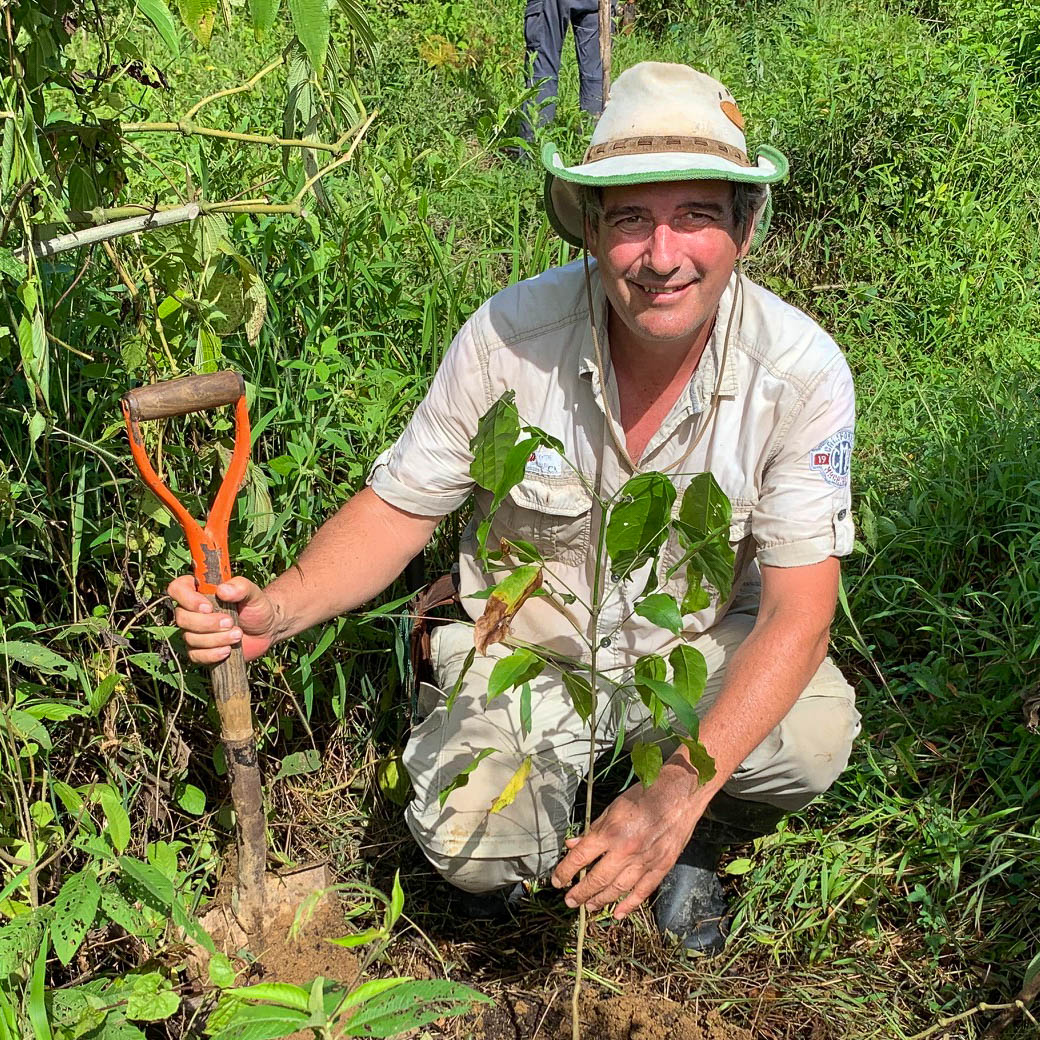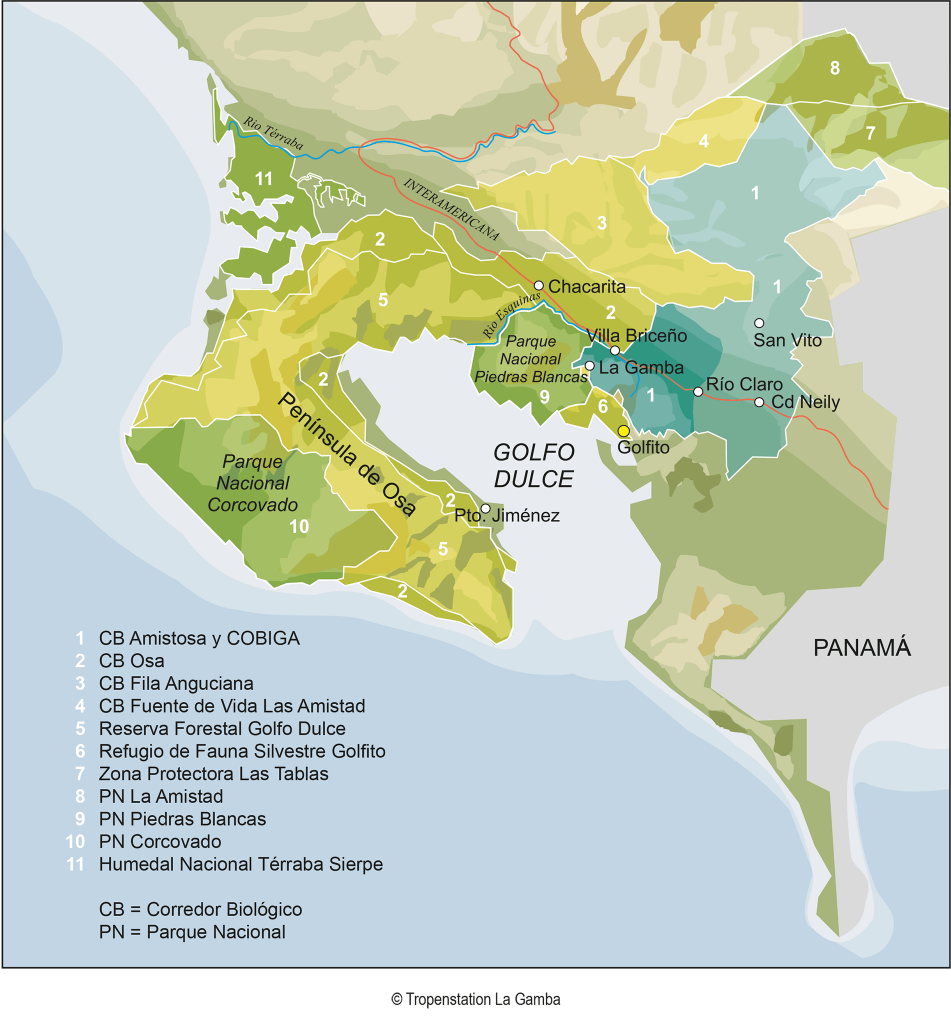
We are very happy, that you want to support PlantNOW!
In order to be able to include you in our list of volunteers, we need a few details from you. Tell us briefly how you can and how you would like to contribute. Please also include details of any special skills that could be useful for the project. We will get in touch with you as soon as possible!
You can also support us with a donation or a sponsoring membership.





